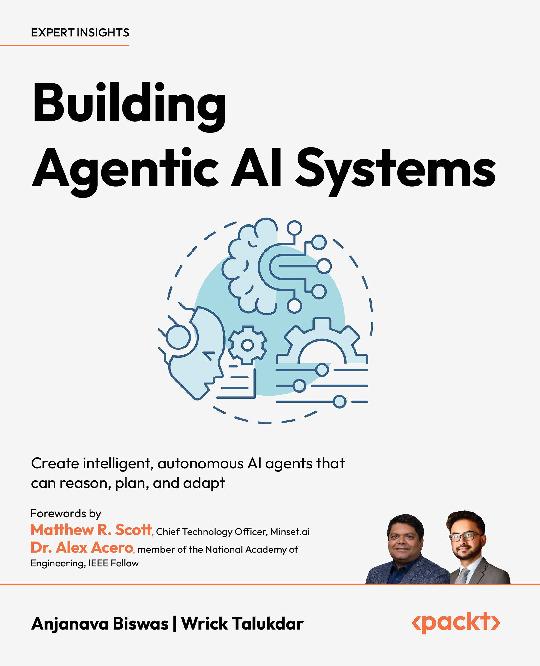Parental Perspectives on Inclusive Education: Insights, Benefits, and Key Challenges
Inclusive education has transformed classrooms worldwide, promoting equal learning opportunities for all students, regardless of their abilities or backgrounds. As schools and educators adopt inclusive policies,the perspectives of parents—one of education’s key stakeholders—are increasingly recognized as vital. This complete guide explores parental perspectives on inclusive education, shedding light on valuable insights, benefits, key challenges, and practical strategies for fostering a positive, inclusive environment for every learner.
Understanding Inclusive Education: A Brief Overview
Inclusive education refers to the practice of teaching students with diverse needs, including those with disabilities, special educational needs (SEN), or learning differences, together in mainstream classrooms. This approach emphasizes equity, respect, and collaboration, boosting the participation and achievement of all learners.
- Core Principles: Diversity is seen as a strength, and every student is valued.
- Collaboration: Teachers, specialists, and families work together.
- Adaptability: Curriculum and teaching methods are modified to meet individual needs.
Why Parental Perspectives Matter in Inclusive Education
Parents play a crucial role in the success of inclusive education initiatives. Their firsthand experiences, feedback, and advocacy help shape more effective and responsive educational systems. Parents’ insights offer:
- Vital information about their child’s strengths,needs,and preferences.
- Support for partnerships between home and school to optimize learning outcomes.
- Inspiration for inclusive best practices through personal stories and feedback.
Key Insights from Parents on inclusive Education
Based on parental perspectives on inclusive education gathered from recent studies, forums, and case experiences, several recurring themes have emerged:
1. Value of Belonging and Social Inclusion
Most parents emphasize the profound impact of their child feeling accepted, respected, and part of the school community—as echoed in one mother’s words:
“The moment my daughter’s class learned to celebrate her differences, her happiness and confidence soared. She finally felt like she belonged.”
2. Concerns About Adequate Support and Resources
Many parents worry about the adequacy of educational supports—such as teaching assistants, appropriate learning materials, and personalized instruction. Uneven implementation of inclusive practices across schools can lead to anxiety and frustration.
3. Importance of teacher training and Attitudes
Parents note that the effectiveness of inclusion often hinges on teachers’ training and attitudes. Well-trained,empathetic educators create positive,adaptable environments that foster student progress and satisfaction for both students and families.
4. Dialogue and Collaboration
Open, consistent communication between families and schools—through regular updates, parent-teacher meetings, or Individualized Education Program (IEP) reviews—is highly valued by parents. Collaborative relationships lead to better problem-solving and tailored learning solutions.
Benefits of Inclusive Education: A Parental Perspective
Inclusive education has far-reaching advantages, not only for children with special educational needs but for entire school communities. Here are some key benefits as seen through the eyes of parents:
- Enhanced Academic and Social Growth: Inclusive classrooms nurture cognitive skills, peer relationships, and self-esteem.
- Positive Attitudes and Empathy: Exposure to diversity fosters empathy, respect, and social awareness in all students.
- Planning for Life Beyond School: Inclusive settings mirror real-world diversity and better equip students for future workplaces and communities.
- Family Empowerment: Collaborative school partnerships help parents feel heard,engaged,and empowered in their child’s education journey.
Case Study: A Parent’s Journey with Inclusive Education
Sarah, mother to 9-year-old Ethan with autism, shares her insights:
“When Ethan joined his neighborhood school’s inclusive program, we were anxious. The staff listened to our concerns, adapted lessons, and encouraged classmates to become ‘friendship buddies.’ Over time, not only did Ethan flourish academically, but his classmates became more understanding and respectful. It showed us the true power of inclusive education.”
Key Challenges Faced by Parents in the Inclusive Education journey
While inclusive education has significant upsides, parents also report several persistent challenges:
- Inconsistent Implementation: Not all schools provide the same level or quality of support.
- Lack of Specialized Resources: Some schools struggle to offer appropriate learning aids, therapies, or teaching assistants.
- Overworked Teachers: Large class sizes or insufficient training can undermine inclusive goals.
- Stigma and Misunderstandings: Both children and parents sometimes face misconceptions, social isolation, or discrimination.
- Complex Educational processes: Navigating IEPs, assessments, and policy language can be overwhelming for families.
Practical Tips for Parents Advocating for Inclusive Education
drawing from real-life experience and expert recommendations, here are actionable steps for parents:
- Build Relationships: Get to know your child’s teachers, counselors, and school administrators.
- Stay Informed: Learn about inclusive education policies, rights, and available services.
- Collaborate Proactively: Attend school meetings, share observations, and work together toward solutions.
- Celebrate Progress: Acknowledge milestones, however small, and foster positive attitudes at home.
- Connect with Other Parents: Join local or online support groups to share resources and experiences.
Working with Schools: Collaboration Strategies
- Open Communication: Regularly communicate with teachers—through emails, diaries, or scheduled conferences.
- Participate in Planning: Contribute insights during IEP or school team meetings.
- Be Solution-Oriented: Approach challenges as a team, seeking reasonable adjustments and support systems.
Expert Voices: Insights from Educational Professionals
Educational psychologists and special needs coordinators consistently recommend strong school-family partnerships. Research shows that when parents are actively involved, educational outcomes improve for both students with and without special needs. Moreover, ongoing professional development for teachers ensures more confident and capable implementation of inclusive practices.
Conclusion: Embracing Inclusive Education Together
Parental perspectives on inclusive education reveal an inspiring commitment to equity, belonging, and quality learning for every child. While there are genuine challenges to address, the shared benefits for students, families, and entire communities are profound. By amplifying parent voices, sharing real-life experiences, and fostering collaborative partnerships with schools, we can advance the goals of inclusive education—building a brighter, more compassionate future for all learners.
Want to share your own story or seek advice? Join our inclusive education community—because every perspective enriches the journey toward true inclusion.

